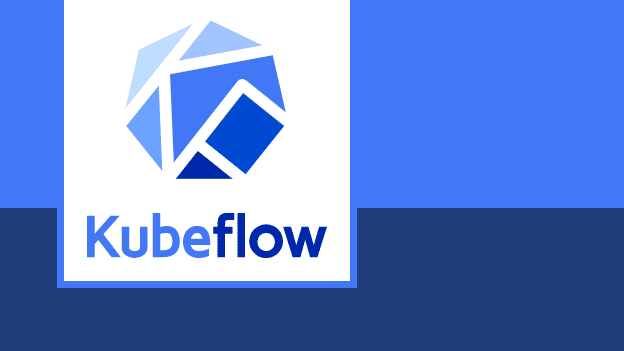This tool executes serverless ML tasks, make models more suitable for deep learning, and boosts the tools you use for data analysis.
Transformers are revolutionising machine learning (ML) capabilities and ushering in a new age of generative AI. However, how do data scientists create models that completely utilise the power of transformers? The open source Kubeflow initiative aims to contribute to the resolution of that query.
Since the release of Kubeflow 1.6 in September 2022, the widely used open-source MLops platform hasn’t received an update until today, when Kubeflow 1.7 became broadly available. At its core, Kubeflow is an open source machine learning toolkit that enables businesses to install and manage ML workflows on Kubernetes infrastructure built for the cloud. The Kubeflow 1.7 update includes, among its themes, an emphasis on improving support for transformer-based models.
Model makers must learn how to efficiently use resources as they transition to transformer-based models. Workload placement and autoscaling can be aided by Kubeflow 1.7, which can help to optimise processes and use fewer resources.
The addition of ‘Parallelfor’ statements, which allows developers to more effectively use parallel processes across AI accelerator hardware, benefits the Kubeflow Pipelines component in particular in the 1.7 update. Another advantage of Kubeflow 1.7 is its ability to be integrated with an increasing number of cloud native technologies that can facilitate the deployment of MLops workflows.










































































